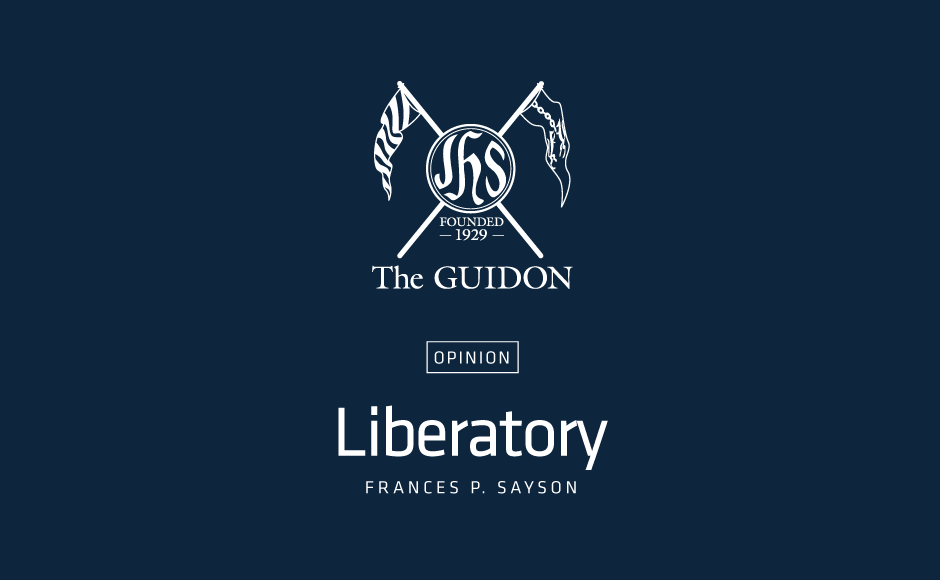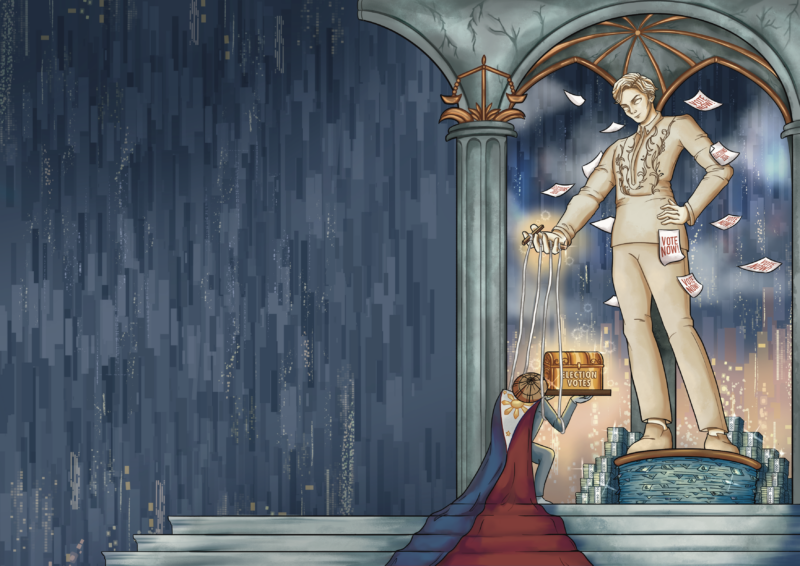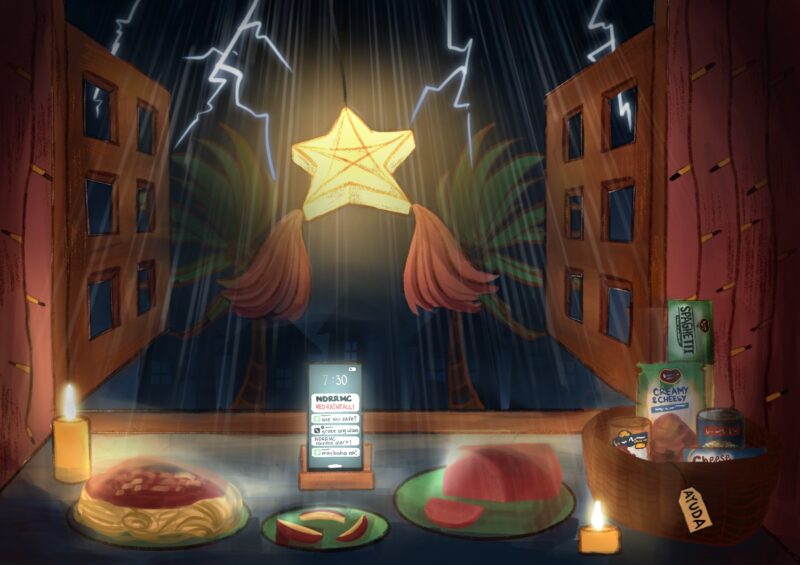I am a big fan of One Direction.
Granted, I’m a relatively new fan. I’ve never seen them in person. The only money I’ve shelled out for them is the USD 0.69 for a single.
And no, I have absolutely no interest in dating any of them.
But I do like them. I like the members. I know all their songs well. With a lot of bravado and in slightly ashamed tones, I can tell you about their record label and management controversies and the intricacies of the industry that resulted in their carefully-crafted images.
My friends shook their heads and marveled at how fast and how hard I could fall into the deep ditch that is the One Direction fan base. Others refuse to believe that I, with my careful interest in rational things, could love a mess like a boy band.
I cannot blame them, not when I consider it my “embarrassing fact” about myself. I cannot blame them, not when I kept quiet with barely a raised eyebrow when an acquaintance snorted derisively and said that One Direction “isn’t a real band.”
To be a fan of a boy band involves the encounter of embarrassment, derision, and prevailing stereotypes. The group of fans–a demographic consisting of a lot of young girls–is often brushed off as crazy and obsessed. Sold-out stadiums notwithstanding, there is always a raised eyebrow, the snort of disbelief about a group of male musicians marketed towards young girls.
But as many insightful, articulate fans have pointed out, this whole culture of derision speaks volumes of ingrained misogyny, a latent disparagement of things associated with the interests of a generalized set of young women. One Direction, as did the legions of boy bands before them, are not taken seriously because their fans are understood to be young and female, capable of screaming at untold decibels, and the band itself is seen as a group of young men with veneers of arrogance and immaturity. What is the difference, many have said, between a boy band and a sports team? Why does the latter generate more respect? Both have mass followings and involve millions of dollars. Both involve skill and work and practice. Both sell out stadiums. The only glaring point of difference beyond their fields, it seems, is the dominant demographic of their fans–the gender of their fans.
The consequences go multiple ways. The band is not a “real band” because their fans are young, screaming girls incapable of “serious” interests. The band is crafted to be short-lived, but with high income-generating capabilities because of a presumably fickle fan base that will eventually “outgrow” them. The only true winners, it seems, are the record and management companies who rake in millions on a scheme that capitalizes on prevailing, outdated assumptions and misogynistic behavior.
They are not grave consequences. The albums will still be bought and stadiums will still be filled. The boys and their fans, regardless of given respect, will still be millionaires and satisfied listeners, respectively. But the whole culture of derision compellingly declares that girls must “outgrow” their interests or that these interests are “less” than what their male counterparts go for. It is unfair, dangerous, and hopelessly outdated.
One Direction is far from perfect. The fans can be shallow and vapid. The band members themselves are achingly human, with their flaws laid out for the world to see. But in looking at the situation borne out of the band’s existence, one can see the prevalent derision and the flourishing misconceptions that figure in a larger, deeply ingrained problem.
I am a big fan of One Direction and maybe, it’s time that I–and many others–stopped being ashamed of it.







